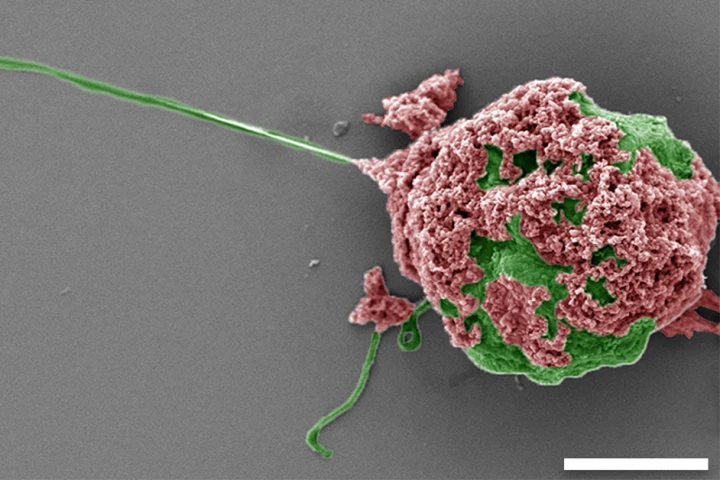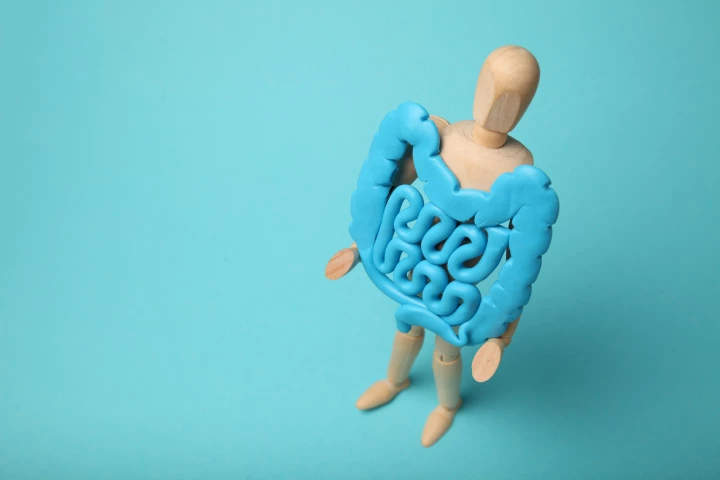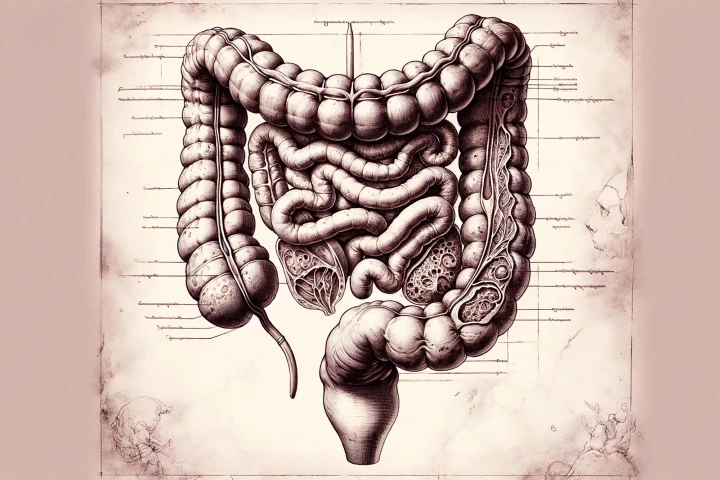Inflammatory
-
Diagnosing celiac disease often means exposure to the thing that makes you sick, which can be debilitating. It may soon be simpler and pain-free, with a first-of-a-kind test that can detect and gauge the severity of the disease in a test tube instead.
-
A condition that killed millions of sailors between the 16th and 18th centuries has made a modern-day resurgence in parts of the world you'd least expect to see it. While it's easily treated, it can still prove fatal if ignored or wrongly diagnosed.
-
Sticky plaques building up on the walls of your blood vessels can lead to heart attacks and strokes. Now, a new nanoparticle infusion therapy has been found to break down these plaques safely in tests in pigs.
-
Injecting immune cells directly into damaged bone, muscle and skin significantly boosts healing, according to new research. The door is now open to developing a universal cell-based method of enhancing healing after an injury.
-
If you suffer from inflammatory bowel disease (IBD), a pill full of tiny algae robots may be just what you need. The bio-hybrid microrobots have already been shown to reduce symptoms and promote healing in IBD-afflicted lab mice.
-
A new study has overturned traditional thinking about regulatory T cells, which suppress the body’s inflammatory response, and has significant implications for treating a wide range of conditions, from repairing injured muscles to regrowing hair.
-
For the first time, a major trigger in inflammatory bowel disease (IBD) and related conditions has been identified, and existing drugs are capable of blocking it. It's a "massive step" in successfully treating these debilitating lifelong conditions.
-
A new drug for severe influenza successfully keeps patients at the perfect level of lung inflammation to protect against lung damage while still allowing the immune system to fight off the infection. It's effective in mice even days after infection.
-
As common as asthma is, exactly how it starts remains murky. Scientists have now identified a new root cause, and importantly a new angle for treating the disease that can prevent the main symptoms.
-
Giving infliximab, an immunotherapy drug, as soon as possible after diagnosis with Crohn’s disease significantly reduced complications, including the need for urgent surgery by a factor of 10, a clinical study has found.
-
Ever since SARS-CoV-2 emerged, the virus has been known for its novel effects on the brain. But exactly how is it causing these symptoms? A new study suggests that the answer lies in the way our vagus nerve talks to the brain.
-
Researchers have developed drug-loaded nanoparticles that target the cells that cause damaging inflammation following a spinal cord injury. The novel nanotherapy opens the door to new therapeutic possibilities for people with spinal injuries.
Load More











